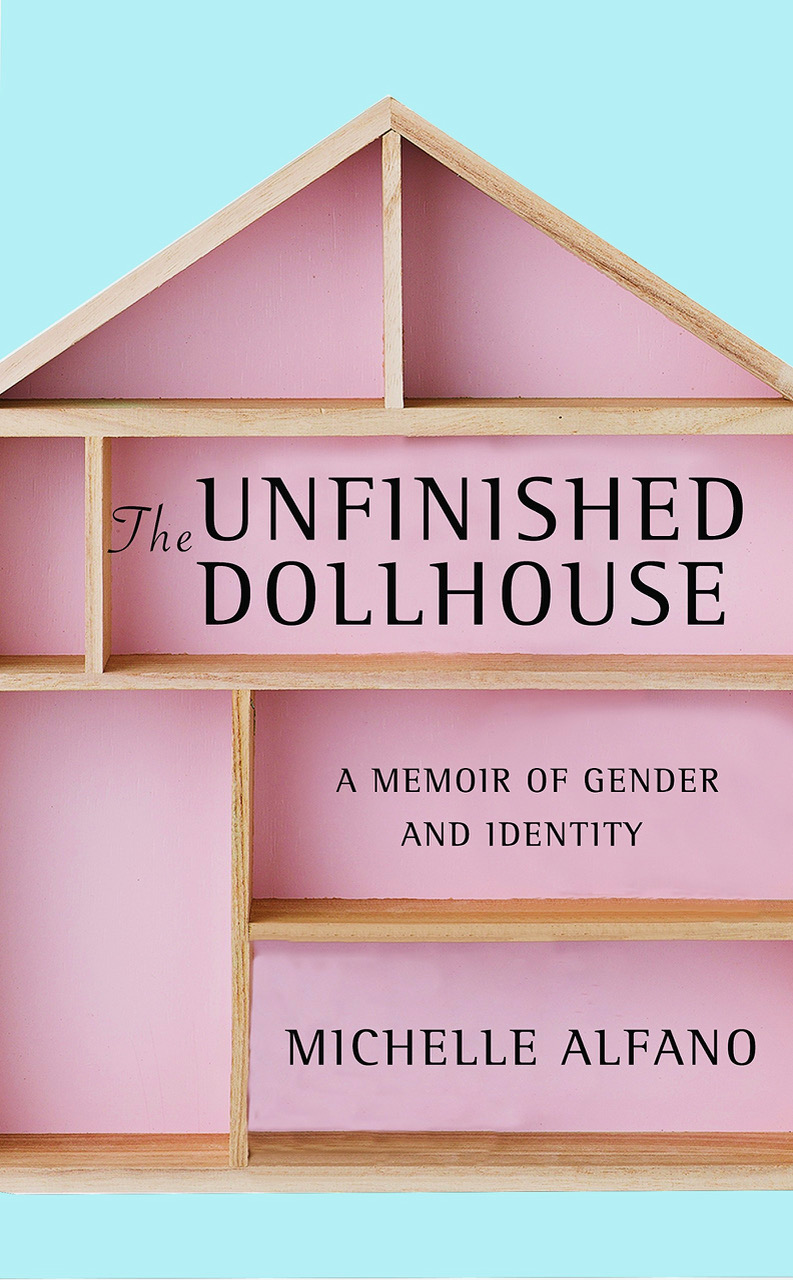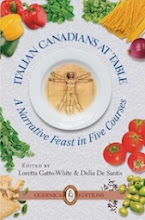 |
Jones and Redmayne, as Jane and
Stephen Hawking, at the May Ball, 1963 |
Five Oscar
Nominations
Actor in a
Leading Role (Eddie Redmayne)
Actress in a
Leading Role (Felicity Jones)
Best Picture
Music (Original
Score)
Writing (Adapted
Screenplay)
Two things distinguish this film in my eyes. There is the extraordinary performance by Eddie Redmayne who portrays both the young and the mature Stephen Hawking - an astonishing incarnation. Secondly, there is a
surprising sensitivity towards a woman's point of view in a challenging
marriage which is delightful and hopefully expected as it was based on Jane Wilde Hawking's memoir Travelling to Infinity – My Life with Stephen (2008).
The emphasis is less on his great scientific achievements (which are considerable) and more on the emotional life of this married couple thrust into unusual circumstances. The plot is not exceptional in
many ways - it chronicles the allure and vicissitudes of attraction, courting
and married life for a young couple - except one of the principals is perceived to be a genius and was expected to die very shortly after his diagnosis of ALS, a motor
neuron disease, while in university. The young Hawking is told that he will soon be unable to
walk, talk, swallow, or move and that he likely has no more than two years to
live.
He did not die obviously, but went from
brilliant graduate student studying astrophysics to respected physicist to best
selling author and globally recognized and respected figure in his field. He goes on to earn his Ph.D. when he presents his thesis that a black hole was responsible for the creation of the universe. And he lives for many, many more years after that. A black hole, for us science neophytes, is "
great amount of matter packed into a
very small area - think of a star ten times more massive than the Sun squeezed
into a sphere approximately the diameter of New York City. The result is a
gravitational field so strong that nothing, not even light, can escape."
But it was a rocky path for the couple even
as they have three children together and live together for decades. Felicity Jones, as Jane, is plucky and
brave and compassionate (as you might hope) but she is also determined to be
happy and after many years of devotion and physical struggles with Hawking's disease she realizes that she is decidedly not.
I was expecting a villain of
some sort in the plot - likely a hatchet job on Hawking as a husband and the depiction of Jane
as some sort of modern saint. She's not. Nor do I want her to be. When she meets Jonathan Jones (Charlie Cox - last seen as a scheming, avaricious aristocrat with a double life on Downton Abbey), a sympathetic church choir director at her local church, she slowly realizes that she can have a
different life, a happier life and Hawking, at least as he is pictured here, is
oddly receptive to the idea, even encouraging. It helps that Hawking has a
flame-haired assistant Elaine Mason (eventually the second Mrs. Hawking) who clearly has her eye on him. And he on her.
Of course, there have been accusations on both sides that neither Jane nor Stephen were as amicable as depicted. Surely true enough. But if these two, who have weathered these extraordinary circumstances, can still claim a personable relationship with each other, surely that is enough that we can set aside the personal recriminations and admire the couple for what they have forged together.
One thing that people who have met Hawking
always comment on, besides his brilliance, is his mischievousness and wit, the
actor captures that as well as bearing an astonishing resemblance to Hawking even in the progressive stages of his illness as a mature adult. He is
fun loving and sexual and quick-witted.
I have a weakness for depictions of
university life and public education in England - at least as it is depicted in English
cinema - so I was particularly entranced by the beautifully shot, bucolic scenes of the campus, the university
(especially beautiful is their meeting at Cambridge University's May Ball in
1963) and the student's quarters. Being surrounded by books and beautiful
buildings is a kind of heaven for me on screen.
You might imagine that witnessing the
physical decline of a promising young man on screen would be difficult to watch
and unappealing but here it is not ... it's inspiring.











No comments:
Post a Comment